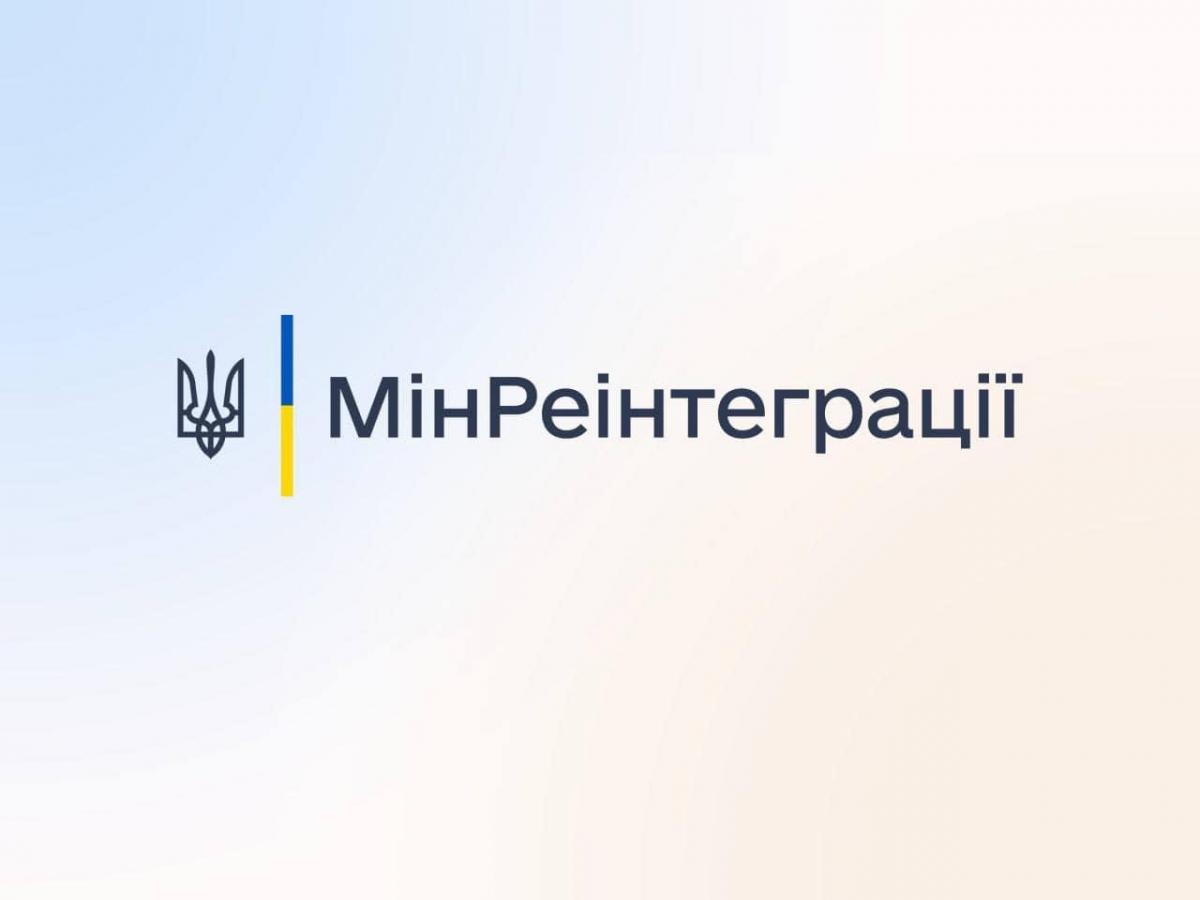
Yesterday, the Government supported the draft laws developed by the Ministry of Reintegration that provide for easier repayment of certain types of consumer loans.
First of all, we are talking about loans that consumers took out for such purposes as medical treatment, home repairs, purchase of household appliances, recreation, education, etc. Such loans do not require collateral in the form of immovable or movable property. However, the interest rate on them is often extremely high: 50-100% per annum.
For borrowers from among the citizens who live in or have left the territories of hostilities or TOT, servicing such expensive consumer loans has become a big problem. This is evidenced by numerous appeals from citizens to the Ministry of Reintegration.
To ease the credit burden for borrowers, these changes were proposed.
The draft laws apply to all consumer loans, except for those that have already been restructured:
– those that have already been restructured or repaid,
– those taken for the purpose of purchasing a home/car,
– those with a low annual interest rate.
The draft laws developed by the Ministry of Reintegration propose to introduce mandatory restructuring of such consumer loans for the period of martial law and within 30 days afterwards.
In this case, borrowers must:
– be registered as internally displaced persons,
– permanently reside in or leave the territory where hostilities are (were) conducted or the TOT,
– have no overdue debt as of February 24, 2022.
These citizens will be able to use the restructuring mechanism if:
– state and social material assistance and/or pension provision, charitable assistance is the only source of income for the consumer and his/her family members;
– the consumer or a member of their family is a person with a disability caused by the war and the total income of the consumer and his or her family members does not exceed two minimum wages.
In addition, it is proposed to establish that for the period of martial law and for 30 days afterwards, creditors and collection companies are prohibited from taking measures to settle overdue debts with consumers.
The Cabinet of Ministers also supported amendments to the Tax Code, which stipulate that income received as a result of such restructuring is not taxable.
The draft laws approved at the Government meeting will be submitted to the Verkhovna Rada in the near future.

